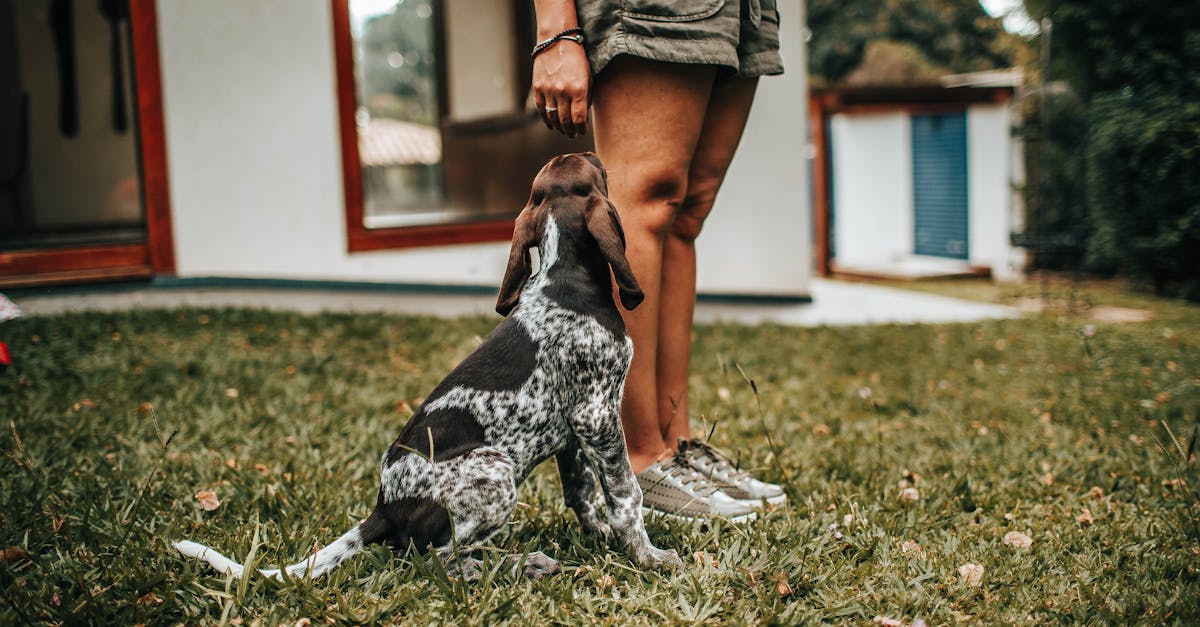As a dog owner, you always want the best for your furry friend. But sometimes, even seemingly harmless foods can be dangerous. If you’ve ever wondered, “Are grapes bad for dogs?” you’re not alone. This is a common question with a very serious answer: grapes are toxic to dogs and should never be given to them. Let’s explore why and what you should do if your dog accidentally eats grapes.
🩺 Vet Insight
Grapes and raisins are highly toxic to dogs, though the exact substance in them that causes harm remains unknown. What we do know is that even a small amount can lead to severe health issues, including kidney failure. This reaction can vary by dog, with some being more sensitive than others, but no amount is considered safe.
Kidney failure caused by grapes can happen quickly, leading to serious consequences or even death if left untreated. Symptoms might not show up immediately, which makes it even more dangerous. That’s why prevention is key when it comes to grapes and dogs.
According to VCA Animal Hospitals, grape toxicity can occur with ingestion of as little as one grape per 10 pounds of body weight (source).
⚠️ Ingredients to Avoid
When it comes to protecting your dog, it’s important to be aware of foods and ingredients that contain grapes or raisins. These can sometimes show up in unexpected places.
- Fresh grapes
- Raisins (including those in baked goods like cookies or bread)
- Grape juice
- Trail mix or snack bars containing raisins
- Wine or other grape-based beverages
Additionally, always check ingredient labels if you’re giving your dog human food or treats. Even small amounts of raisins in a mix or baked good can pose a significant risk.
✅ Safer Alternatives
If you want to treat your dog to a healthy snack, there are plenty of safe and nutritious alternatives to grapes. Many fruits and vegetables are not only safe for dogs but also provide valuable vitamins and minerals.
- Apple slices (remove the seeds and core)
- Blueberries
- Bananas
- Carrot sticks
- Watermelon (seedless and rind removed)
Always introduce new foods gradually and in small quantities to ensure your dog doesn’t have an adverse reaction. And remember, treats should only make up about 10% of your dog’s daily calorie intake to maintain a balanced diet.
💡 Final Advice
When it comes to grapes and dogs, it’s better to be safe than sorry. Even a single grape can potentially cause harm, so it’s essential to keep them far out of reach. Educate your family and friends about the dangers of grapes to ensure your dog stays safe, especially during gatherings or holidays when these foods are more likely to be accessible.
If your dog does eat grapes, contact a veterinarian immediately. Time is critical in preventing serious health complications, so don’t wait for symptoms to appear before seeking help.
FAQs
Q: What should I do if my dog eats a grape?
A: Call your veterinarian or an emergency pet poison hotline immediately. Do not wait for symptoms to appear, as early intervention can save your dog’s life.
Q: Why are grapes toxic to dogs?
A: The exact substance in grapes that causes toxicity is unknown, but even a small amount can lead to kidney failure in dogs.
Q: Can all dogs be affected by grapes?
A: Yes, while sensitivity may vary, no amount of grapes is considered safe for any dog.
Book a $49 online vet consultation at https://www.dialavet.com for fast, expert advice.























